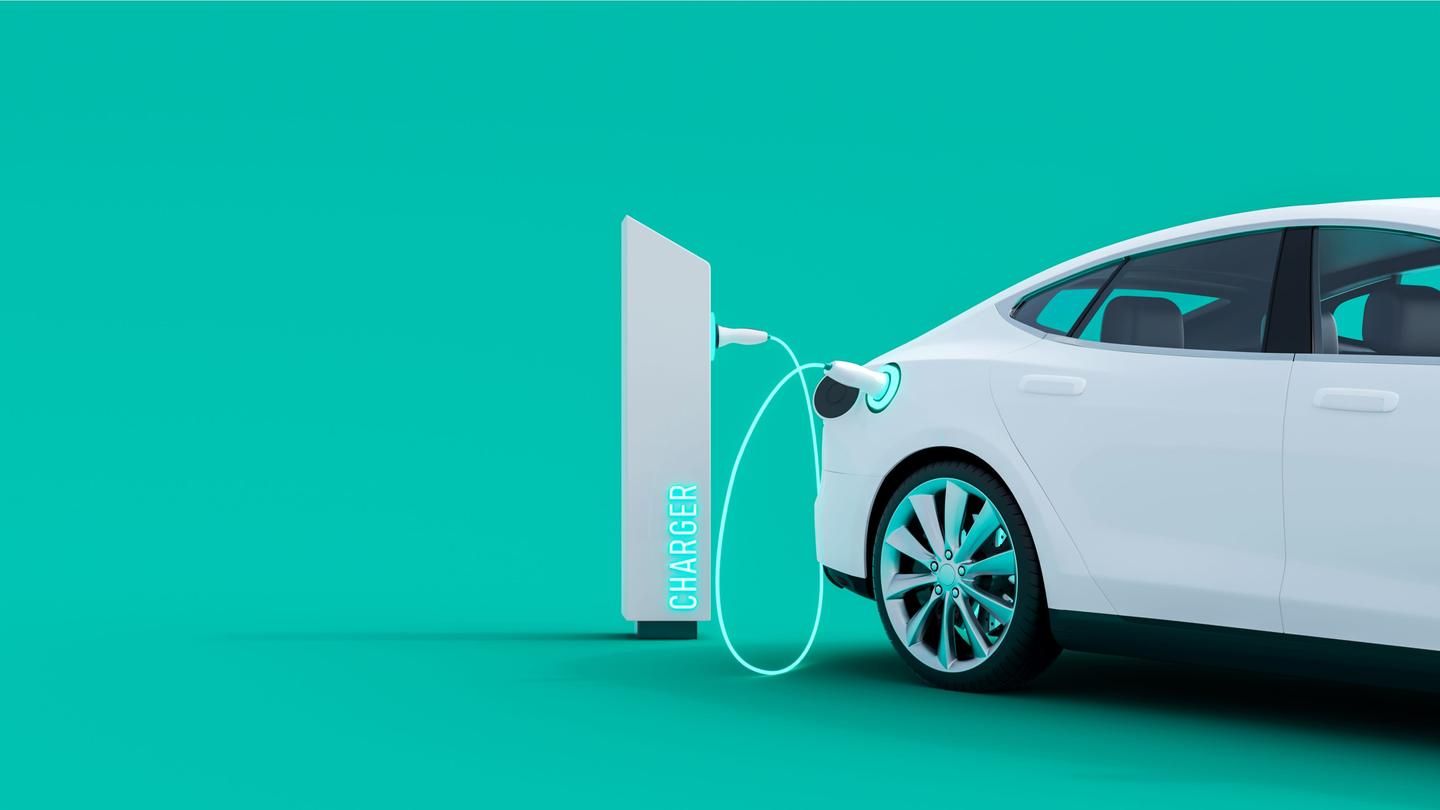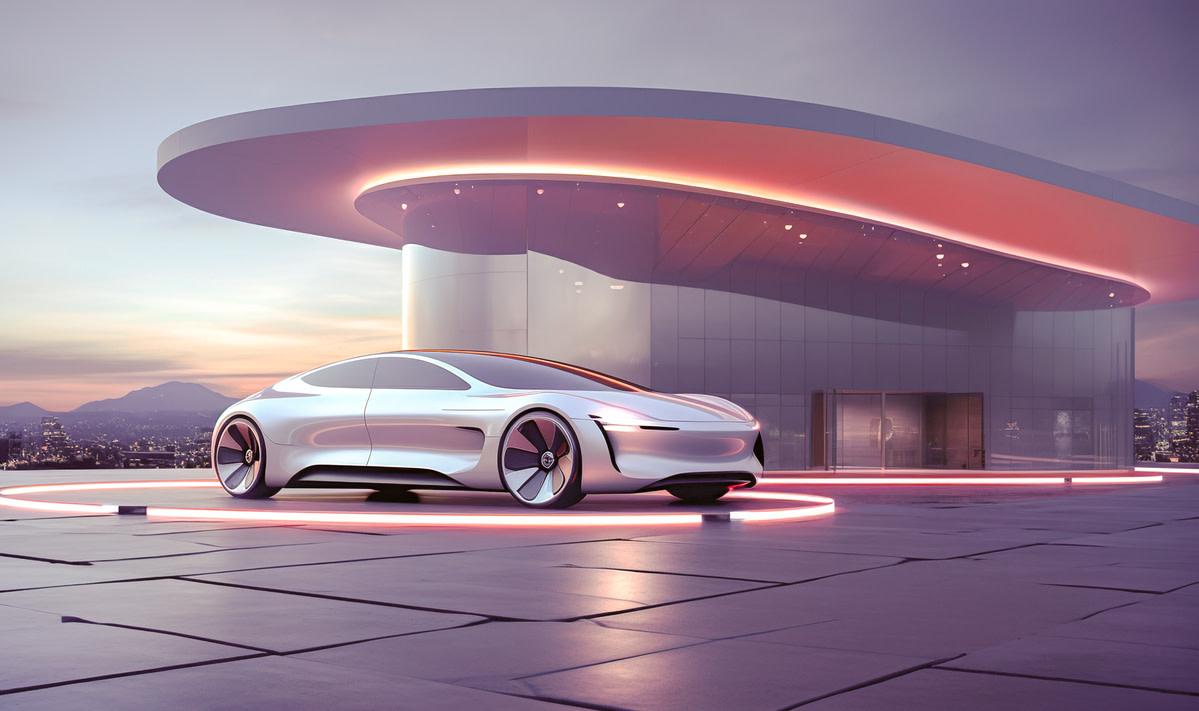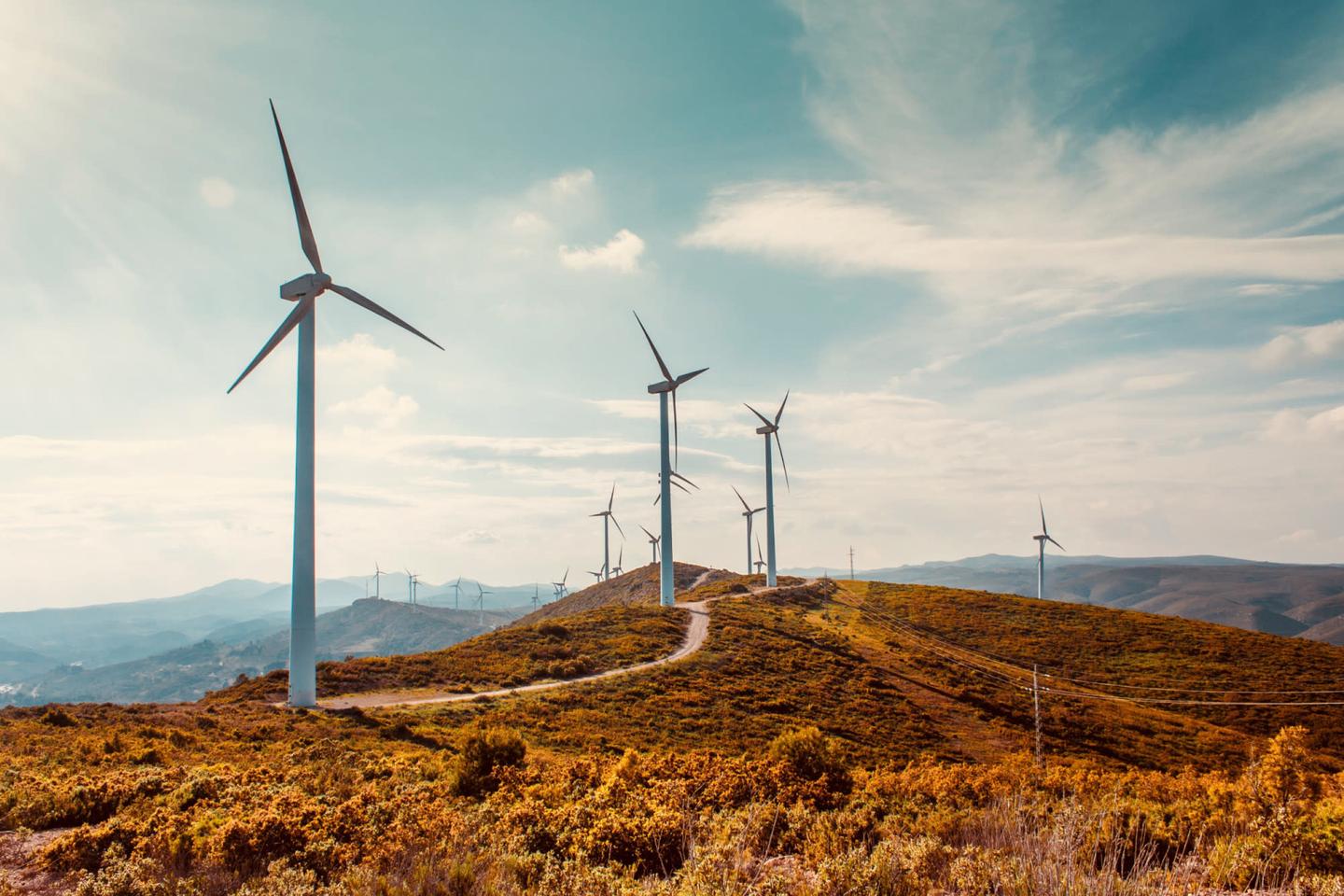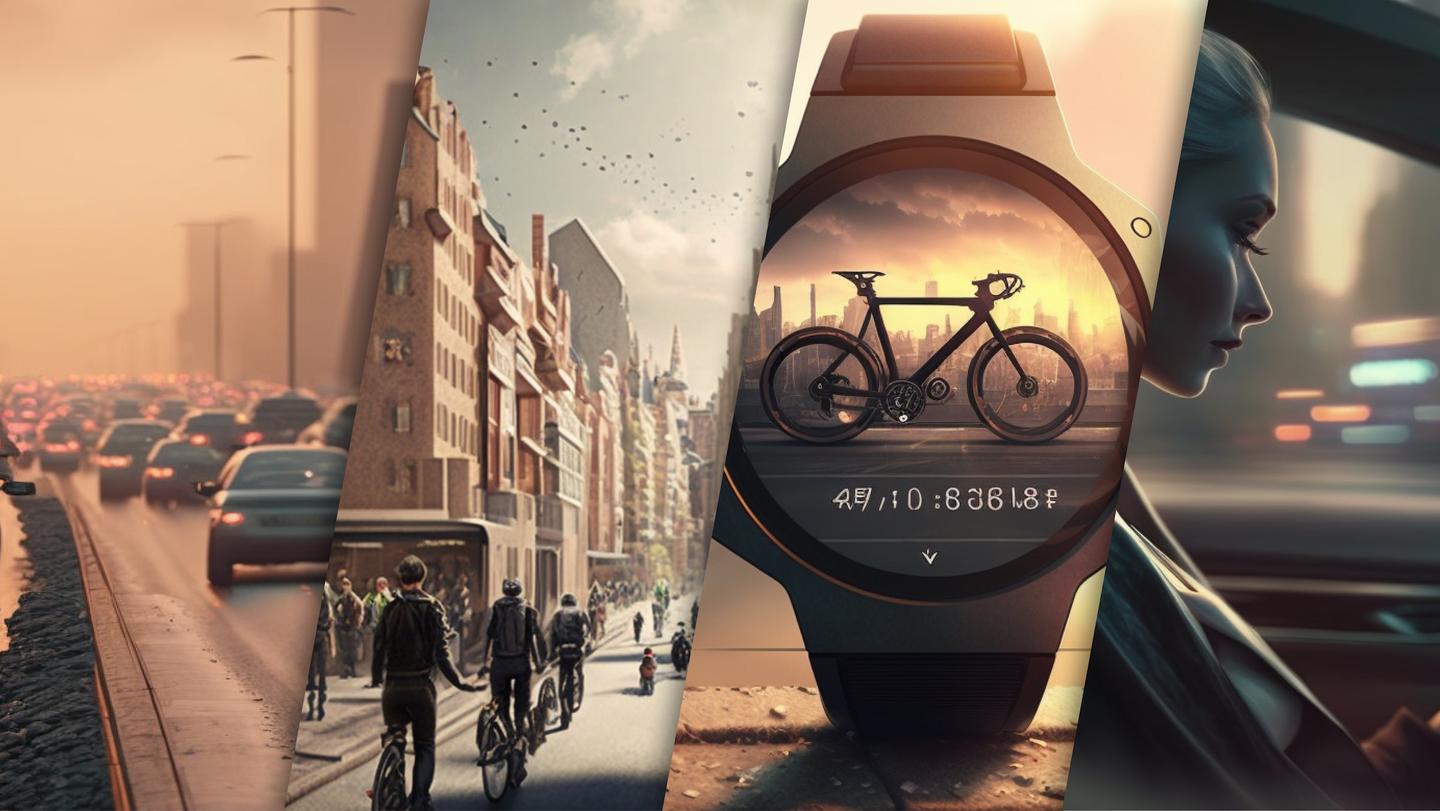Shaping our electric future: Imogen Bhogal on the EV revolution
Our recently published E40 report surveys the companies making the biggest impact in the EV market. It highlights the most innovative players meeting commercial challenges and fierce competition in the race to net-zero.

To shed some light on this dynamic landscape, we turned to Imogen Bhogal, presenter and producer for the Fully Charged Show. With an extensive background ranging from electric vehicle startup Arrival to Jaguar Land Rover, she has a unique perspective on the UK's electric mobility ecosystem and offers valuable insights into the current trends and future of e-mobility in the UK.
What are the biggest hurdles to mainstream EV adoption?
Early adopters may be willing to accept imperfect conditions, but there is still a lot of uncertainty before we can expect mainstream adoption – especially in the current economic climate. "As we transition into this early mainstream, people are looking at 2030 and wondering whether to go electric now or wait", Bhogal explains. The confusion around the 2030/2035 internal combustion engine (ICE) ban has created uncertainty for both consumers and the industry, making it harder for original equipment manufacturers (OEMs) to commit to their EV strategies. For a successful transition, Bhogal stresses the importance of collaboration among all stakeholders, including automakers, utilities, charging companies, landlords, and government bodies. "There needs to be a unified vision of what clean energy and clean transportation look like in the UK," she emphasises.
How will the EV infrastructure be revolutionised?
One of the most exciting opportunities Bhogal sees is integrating energy and mobility through vehicle-to-grid (V2G) technology. "V2G can bring the worlds of energy and mobility together for the first time due to the bi-directional flow of electricity," she says. This technology could optimise energy use at home and beyond, and not just for automotive. By allowing EVs to act as energy storage units that can feed power back into the grid or a home, V2G presents a significant leap in how we manage and utilise energy.
Bhogal acknowledges that while the UK has a high density of chargers, their uneven distribution remains a challenge. "There are definitely bits of the UK where it is easier to be an EV driver than others," she notes. Improvements are particularly needed in public charging infrastructure for those without off-road parking. Addressing these disparities is crucial to encouraging broader EV adoption and ensuring that all regions can benefit from the transition to electric mobility.
Which cutting-edge trends will shape the future of electric mobility?
Looking ahead, Bhogal anticipates several key trends: more commercial fleets transitioning to electric, a robust fast-charging network, the impact of Chinese EV makers entering the market, and an influx of second-hand EVs. "The big game changer is going to be the flood of secondhand electric vehicles onto the market, which radically changes the game because those are much more affordable," she explains.
We also need to stop comparing the EV experience with the petrol-diesel predecessor and start grasping the unique possibilities that an EV ecosystem could provide. There are opportunities to significantly reshape the current landscape and physical spaces, from service stations and destinations to completely new ways of funding local communities.
Imogen Bhogal's insights underscore the potential and challenges of the UK's electric mobility transition. As shown in the 2024 Futurice E40 report, continued innovation, clear policies, and collaborative efforts are essential to achieving a sustainable and efficient electric mobility future in the UK. The stakeholder map for this revolutionary change is complex, but a shared mission and understanding of each stakeholder's role and value in this ecosystem are instrumental. By embracing the opportunities and addressing the challenges, the UK can drive the electric mobility ecosystem forward and create a more sustainable future for all.
 Matthew EdwardsCo-MD, UK
Matthew EdwardsCo-MD, UK





